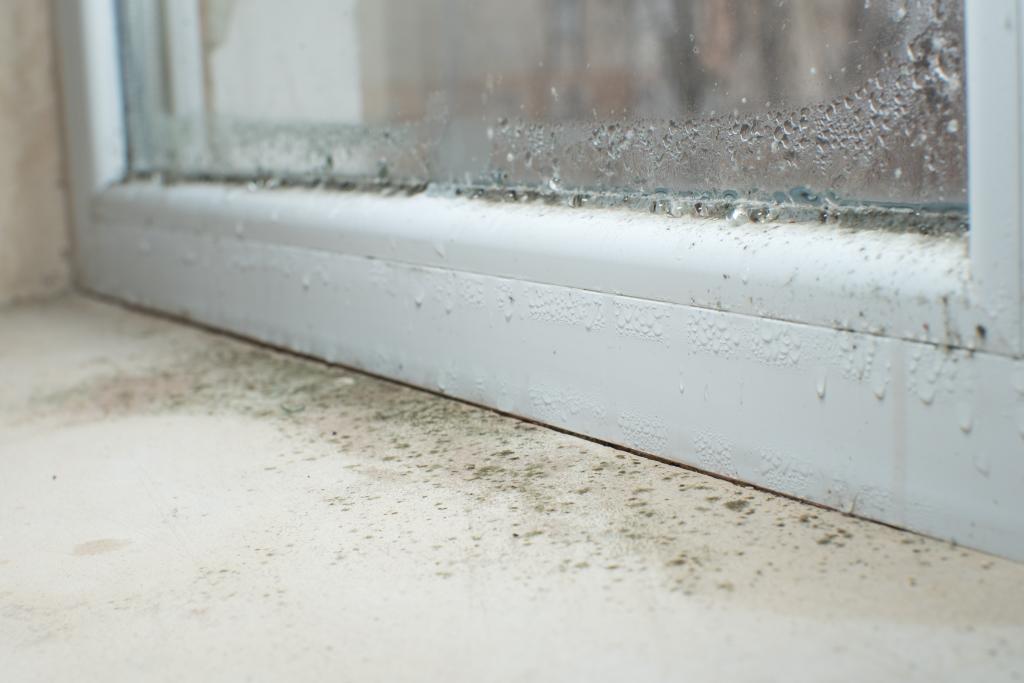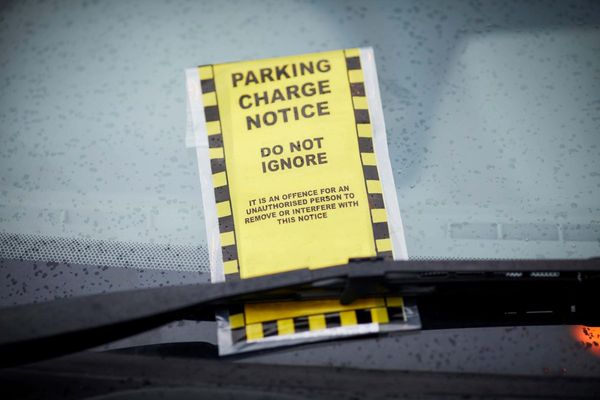The recent wet and warm summers we’ve been experiencing have seen particularly high levels of mould growing in our bathrooms, closets and general places we really don’t want to see them. The issue is even worse for people across eastern Australia, and renters in particular are struggling to deal with the growing health issue.
The question of who is responsible for managing mould in properties has long been ambiguous and renters are often left fronting the clean-up costs, but this shouldn’t always be the case.
Bond University professor and property law expert Dr Tammy Johnson said new laws could shift the responsibility from tenants to property owners.
“It is incumbent on the tenant to let the landlord know ASAP if there is mould in the property, but with these new laws in place the landlord does have a statutory obligation to repair,” she said.
“So I think having these laws in place now does go a long way to preventing this worst case scenario, where the tenant has to take some formal action against the landlord.”
The Minimum Housing Standards, introduced in September 2023, dictate the condition a rental must be and the laws have been extended to cover mould. They also ensure repair is carried out regardless of whose fault the mould is.
“The most practical [change] is that tenants can request emergency repairs,” she said.
“Fortunately, under the legislation in Queensland [the State Government] amended the definition of what is under an emergency repair to include mould.”

Mould is also covered as an emergency repair requirement in other states, and Johnson said this means tenants can access urgent fixes.
This also means renters now have more power to now take action against a property manager or landlord who refuses to address a problem. In some situations, state authorities can even go as far as to reward a tenant compensation, however, this is yet to be tested in the courts.
“[Authorities] can make orders in relation to the repair of the mould, they can order the lease to be terminated if the landlord doesn’t do the repairs by a certain date, or in a best case scenario can even order that the tenant is entitled to some compensation,” she said.
Ultimately, who ends up paying for the fix often depends on whose fault it was. If the mould is to do with the building’s structure, the property owner will need to pay. However, if it was caused by the tenant not using an extractor fan in the bathroom, for example, they may have to front the cost.
Though the rules vary state to state, laws for tenants are strengthening, and Johnson said the best thing a renter can do is become familiar with their rights.
“Generally the word of caution for tenants is to act quickly. Jump online, look at the fact sheets and remember there are time restraints,” she said.
She said it was best to familiarise yourself with the laws even if you intend to fix the problem yourself, as time limits for compensation could still apply.
The post This Is Your Legal Right If Your Rental Gets Overtaken By Mould, According To An Expert appeared first on PEDESTRIAN.TV .






